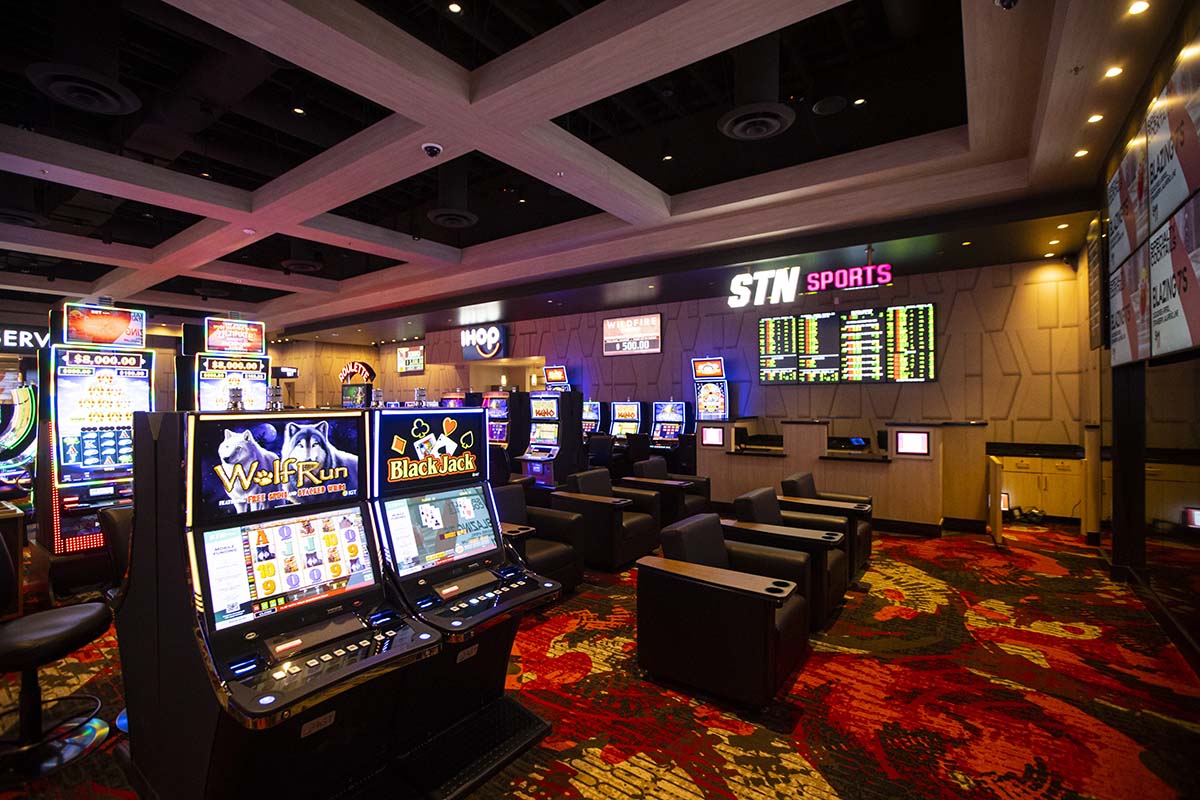
Casino games have long captured the imagination of humans around the planet, becoming an integral part of both fun and society. From the glimmering lights of Nevada to the immersive experience of online gaming, these experiences evoke excitement, uncertainty, and sometimes even a sense of sentimentality. They are more than just pastimes; they have woven themselves into the texture of human experience, influencing various aspects from film and music to style and books.
The charm of casino games transcends the betting aspect, tapping into broader themes of luck, chance, and human behavior. As players convene around a poker table or rotate the wheel of fortune, they engage in an age-old ritual that echoes with our shared desire for thrill and uncertainty. This fascination has led to the rise of countless references in films, music, and video games, showcasing how intensely entrenched these activities are in pop culture. Whether it is the intense drama of a classic caper or the lively nightlife portrayed in videos, casino games have carved out a substantial niche that reflects our connection with risk and reward.
Historical Significance of Gambling Activities
Casino games have played a crucial role in cultural contexts throughout the ages. Originating from ancient civilizations, forms of chance were often connected to rituals or events. Rút tiền F8BET For instance, early iterations of these activities can be traced back to ancient Chinese and the Roman Empire, where dice games and betting on results were common pastimes. These games not only served as entertainment but also as means of connecting people, facilitating relationships among individuals within communities.
As societies evolved, so did the sophistication and structure of casino games. The establishment of official casinos in the 17th century, particularly in Italy, marked a significant shift in how games were viewed and organized. With designated spaces for gaming, the casino became a community center where people from different backgrounds gathered. This change contributed to the validation of the industry, transforming it from a mere pastime into an organized industry that shaped economy and regulations.
The impact of gambling games on mainstream culture cannot be overlooked. As they were brought into the limelight in books and movies, games such as poker and blackjack became icons of chance, luck, and strategy. Iconic figures and narratives have emerged around these games, illustrating societal attitudes towards luck, wealth, and vice. This fascination with gambling games has infiltrated various forms of media, solidifying their status in the public imagination and connecting them to wider cultural stories throughout history.
Portrayal of Casino Games in Entertainment
Casino games have long been a popular subject in different types of entertainment, reflecting both the excitement and complexities of gambling culture. Films such as Ocean’s Eleven and Casino Royal portray figures who navigate high-stakes environments, showcasing not only the appeal of the gambling environment but also the methods and choices that come with playing popular games like Texas Hold’em and blackjack. These films often dramatize the excitement of winning and the potential repercussions of losing, encapsulating the risks involved in gambling. F88BET
Television shows have also explored the realm of gambling activities, often integrating them into the plot as a setting for story progression and conflict. Series like Vegas depict the stories of casino workers and patrons, highlighting the vibrant, often disorderly energy of the casino floor. Docuseries featuring intense betting contests further emphasize the fascination of gambling activities, drawing viewers into the excitement and tactics involved in each session. Through these representations, media not only entertains but also sparks conversations about fortune, skill, and the nature of randomness.
Video games have increasingly integrated casino games into their design, allowing players to simulate the thrill of gambling without financial exposure. Games within the landscape of online gaming often include virtual slots, online poker, and other popular casino games, creating an engaging environment that mirrors actual casino experiences. These digital representations make gambling activities accessible to a global audience, appealing to both players who indulge and those who enjoy the thrill of virtual experiences. As a outcome, the representation of gambling activities in media continues to shape public perception and cultural significance, highlighting their place in entertainment and culture.
Effect of Casino Games on Communities
Gambling activities have a meaningful effect on communities, influencing multiple facets of culture and interpersonal behavior. They often serve as a venue for social interaction, where people gather to experience a shared experience. Casino trips with friends or visits to casinos become group events that foster connections and create memories. This communal aspect boosts the entertainment value of casino games, making them a favored choice for celebrations and recreational pursuits.
Additionally, gambling activities have been depicted in numerous films, television shows, and literature, influencing views and attitudes towards gambling and gaming. Icons like James Bond competing in baccarat or the high-stakes poker scenes in films have embedded these games in the shared imagination. This depiction often glamorizes the lifestyle associated with casino activities, attracting new players and impacting trends in both fashion and conduct. These representations can ignite curiosity and lead to a deeper investigation of the nuances of gaming.
However, there are also negative consequences associated with the widespread appeal of gambling activities. The temptation of quick monetary gain can lead to gambling addiction and financial troubles for some people. Society must contend with these issues, advocating for responsible gambling and education of the risks involved. Balancing the fun aspect of gambling activities with the potential for harm is crucial to ensure that they remain a beneficial aspect of our cultural landscape.
